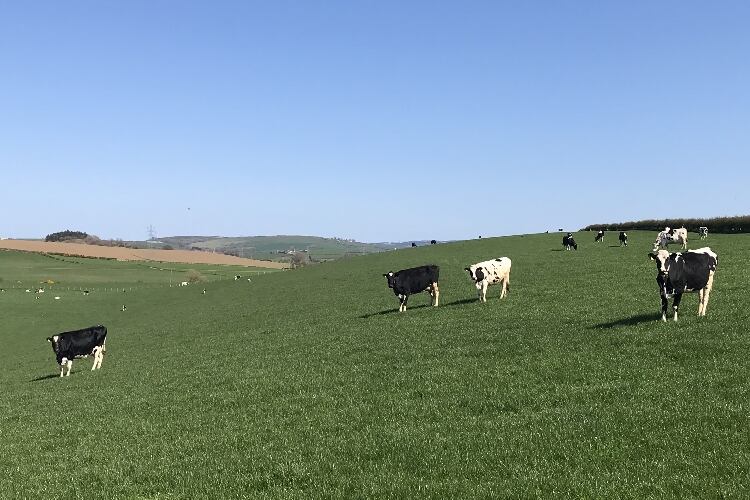After inclusion in the EU registry, expected in the coming weeks, it is the first time a feed additive authorized in the EU for environmental benefits can be marketed.
Methane has a global warming potential 28 times greater than carbon dioxide, which is why reducing methane emissions was identified at COP26 as one of the most significant short-term means of tackling climate change. More than 100 governments pledged to cut methane emissions by 30% by 2030, as part of the Global Methane Pledge, launched by the EU and the US.
DSM said Bovaer will contribute to the greening of the EU's agriculture, and to the objectives of the Farm to Fork Strategy. As stated in the European Commission's confirmation of approval, the feed additive is safe for use without impacting the quality of dairy products and is the first of its kind to be available within the EU which can reduce methane emissions.
The Commissioner for Health and Food Safety, Stella Kyriakides, said in the EU press release, "Innovation is key for a successful shift towards a more sustainable food system. The EU continues to lead the way in ensuring food safety while adapting to new technologies that can make food production more sustainable. Cutting farming-related methane emissions is key in our fight against climate change and today's approval is a very telling example of what we can achieve through new agricultural innovations."
DSM said enteric methane from dairy cows is responsible for up to 60% of the global greenhouse gas emissions from milk production. It said Bovaer reduces these methane emissions by around 30%.
DSM has entered into partnerships with several major dairy companies to prepare for the implementation of Bovaer at large scale. DSM has also already begun engineering works for a large-scale Bovaer plant at DSM's manufacturing site in Dalry, Scotland.
Geraldine Matchett, co-CEO of DSM, said, "Bovaer has the power to truly revolutionize the global dairy industry. We are extremely proud that, after a decade of research, trials, and value chain collaboration, its potential has been recognized with this historic market approval."
Dimitri de Vreeze, co-CEO DSM, added, "There is no time to lose when it comes to tackling climate change, and Bovaer is scientifically proven as an effective solution to the immense challenge of methane emissions in animal farming. We look forward to introducing Bovaer to the European market where we know farmers and dairy companies share our eagerness to act. This solution enables us to work together to offer consumers dairy products with a greatly reduced climate impact."

